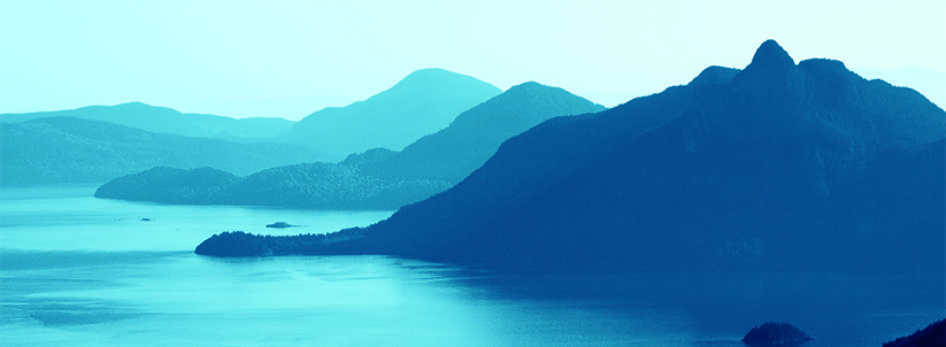Sonja Arntzen is a dear friend of mine who recently sent me this email: “I finished reading Whale in the Door yesterday. I found it informative, moving, inspiring and much, much more. You danced a delicate balance between your passionate commitment to protect Howe Sound and your openness to listen to all points of view.”
She told me she had written a poem inspired by Whale in the Door, and I was delighted when she agreed to share it here along with some explanation.
“Around the same time that I was reading Whale in the Door, there was a call for submissions by the League of Canadian Poets for poems about trees for a new anthology. I was visiting my step-son in Tacoma and taking a walk in the woods came on a Douglas Fir with a plaque at its base and realized for the first time that the official Latin name for Douglas Fir has “pseudo” and the Japanese tree name “tsuga” in it. Pauline’s book makes one want to know more about everything in this ecosystem we inhabit and so I immediately wanted to unravel the puzzle in the Latin name for this tree that is such a pillar of the our natural community. The results are in the poem.”
Beyond Naming
I stop to read the plaque
at the base of your
deeply furrowed trunk,
even though I know your tribe well,
“Douglas Fir”
my eye sticks on your
Latin name: Pseudotsuga Menziesii
whence the falseness, why
the Japanese tsuga in your name?
David Douglas, a Scots botanist
first planted your seeds
in Britain, 1827, thereby
claiming your common name.
Before him, Menzies, another Scots botanist,
on Captain Vancouver’s ship in 1791
noted you on the shores of this wild land,
recommended your virtues to
the Royal Navy for exploitation,
masts and spars peerless.
Menzies roamed the world seeking
new species and fame,
“discovered” in Japan,
a new kind of conifer, tsuga,
hemlock in our tongue,
(hemlock needles crushed
make a good tea
but release a scent like poison hemlock
apparently.)
Menzies gained the prize
of fixing you in
the taxonomy of conifers, labeling you in Latin,
not a true fir, Abies,
nor quite a Tsuga
so pseudo…
Given your magnificence,
your uniqueness,
could he not have come up
with a genus just for you,
or at least,
taken the name that First Nations
had called you for thousands of years?
But imagination is not
the strong suit of taxonomists;
the First Nations are many,
each tribe within a nation
called you by a different name.
Not that names given by
our ant-like species
matter to you,
you simply are.
You reign in the rain forests
with your sister, dancing Queen Cedar
her name not quite right either,
since she’s a cypress.
Dark waves rise
on the Salish Sea,
I place my hand
on your rough trunk,
pray for your health,
the health of your habitat,
in awe of what you are
beyond any given name.
Sonja Arntzen taught classical Japanese poetry and literature for twenty-five years. Currently living on Gabriola Island in B.C, she continues to research and translate works of classical literature, particularly women’s poetic diaries of the 10th to 11th Century. Her most recent translation is The Sarashina Diary (Columbia University Press, 2014). Since 2005, she has been publishing her own English tanka and haiku in journals such as Gusts, Eucalypt, Kokako and Red Lights. With Naomi Beth Wakan, she also produced two books of “response tanka,” Double Talk (2010) and Reflections (2011). And now writing longer poems has captured her enthusiasm.
Categories: Uncategorized
Tags: douglas fir, sonja arntzen
